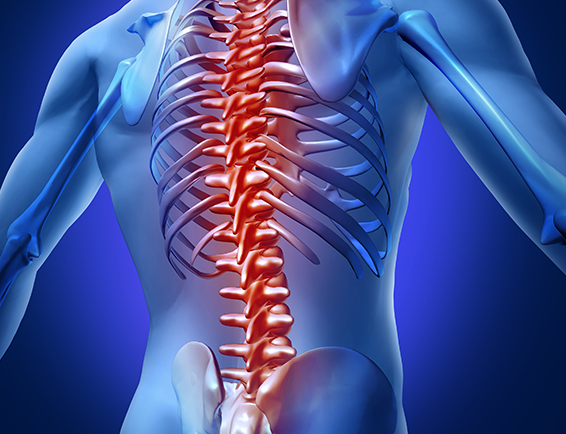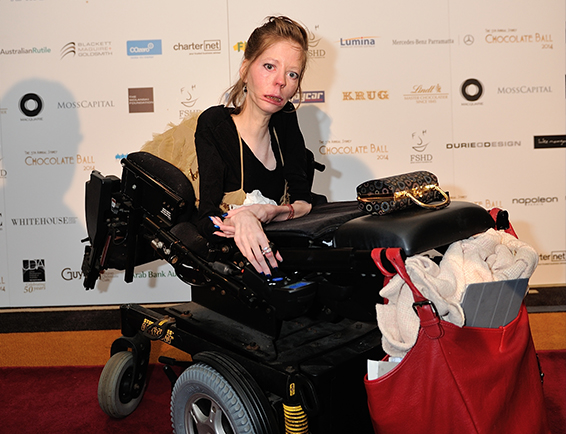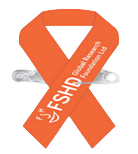SIGNS & SYMPTOMS
Symptoms vary between people however there are some common ones:
- Inability to pucker lips, whistle or use a straw;
- Chronic fatigue;
- Eyes that don’t close fully during sleep;
- Difficulty with such exercises as sit-ups and pull-ups;
- Shoulder blades that “wing” out;
- Difficulty raising arm(s) above shoulder height;
- Foot drop – inability to keep the foot up when walking;
- Weak lower abdominal muscles, protruding abdomen;
- Curved spine (lordosis).
- Episodes of “malaise” or “burning pain” in muscles;
- Severe pain from changes in posture and strain on remaining muscles;
Pain
Many people with FSHD report pain and inflammation. Some of this may be caused by the immune system response to FSHD. Pain can also come from the way the muscles are working as they weaken causing strain on other muscles and misalignments in bones.
Fatigue
Fatigue is one of the most common symptoms people with FSHD report . It is probably caused by the increased energy needed to perform daily tasks as muscles weaken. Fatigue may be caused by other factors though, and should be investigated if it is very severe.
Facial Weakness
This is often the first sign of FSHD. The muscles that tend to be the most affected are the ones around the mouth and eyes. People with FSHD may find it hard to smile or perform tasks that require puckering of the mouth such as blowing up a balloon or whistling.

Shoulder Weakness
Another ‘first sign’ is often people noticing weakness around the shoulder blades. The weakening of the muscles that hold the shoulder blades in place means these bones
move around and stick out. This is also called ‘winging’. The weakness results in people finding it hard to raise their arms over their heads, or throw a ball.
Hip weakness
Hip weakness doesn’t effect everyone with FSHD. When it does occur it can cause problems with getting up out of a chair or climbing stairs. Hip weakness can seriously limit the ability to walk.
Lower limb weakness
Foot drop is common in FSHD, but not everyone experiences it. As the muscles weaken in the leg it becomes harder to hold the foot up while walking. This can lead to tripping, problems with uneven floors and stairs.
Joint and spinal abnormalities
FSHD causes progressive muscle weakness. This can lead to joints being frozen in one position. This is known as a contracture.
Spinal misalignment can occur, most commonly as lordosis – where the spine curves excessively making the stomach stick out.
Does FSHD affect any other systems in the body?
FSHD is a muscular dystrophy. The effects will be felt in any system which contains skeletal muscle. This can include breathing due to involvement of the diaphragm. People may also experience visual and hearing problems. In extremely rare cases FSHD may affect the function of the heart.
FSHD does not cause problems with learning or any other cognitive impairment. It also has no effect on sensation nor does it affect control over the bladder or bowels. FSHD does not affect sexual function.




